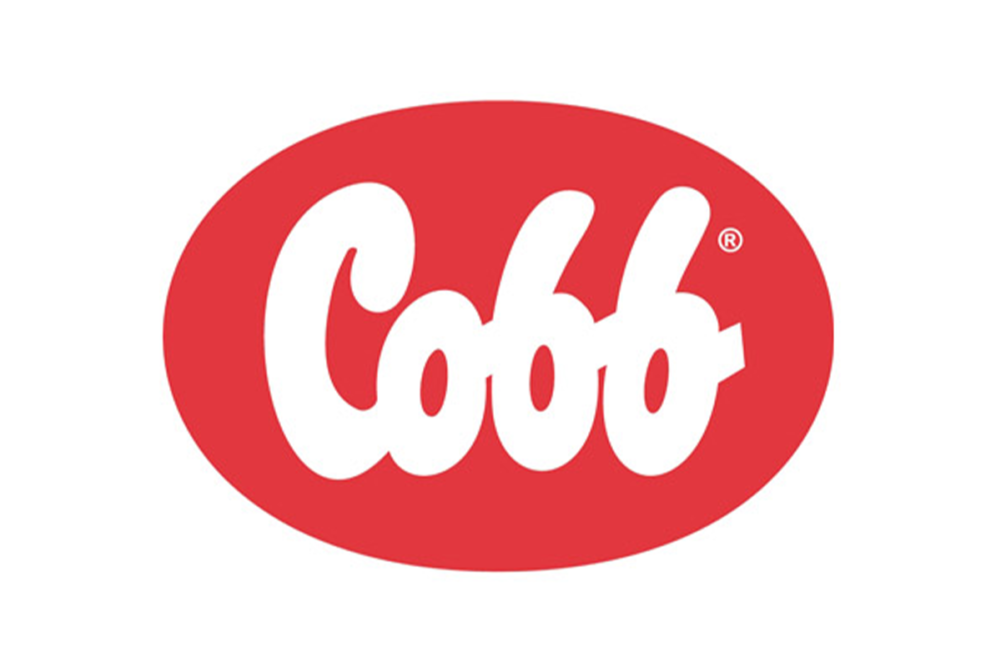SILOAM SPRINGS, ARK. — Global poultry genetics company Cobb-Vantress LLC, a subsidiary of Tyson Foods Inc., announced the recipients of nine grants through the 2023 Cobb Research Initiative (CRI).
“Cobb, as a leading genetics company, is at the forefront of what we believe is the convergence of science, technology and animal health,” said Joyce J. Lee, Cobb president. “This funding not only shows Cobb’s commitment to genetic progress, but our understanding that the demand for quality protein around the world will continue to increase with the global population. We will use innovative research, new technologies and data analysis to help further our genetic progress and answer key issues facing the global poultry industry.”
The program was created this year to advance poultry genetics. CRI works to improve global protein production and animal welfare through research and innovations like artificial intelligence, data system collection and management, robotics, automation and application of biotechnology.
The following research projects received CRI grants:
- A vision-based precision livestock farming system for real-time detection of mating behaviors in broiler breeders – Yang Zhao, University of Tennessee Institute of Agriculture
- Accelerating genetic progress through improved assessment of broiler chicken welfare, digital phenotyping and gut health – Marian Dawkins, University of Oxford
- Advancing animal welfare and health of broiler breeder pullets via innovative assessment of feed and water programs – Allison N. Pullin, North Carolian State University
- An artificial intelligence-assisted gait scoring system for individual broilers in group settings – Guoming Li, University of Georgia Research Foundation
- BBAI: Broiler breeder development modeling and anomaly identification based on automated CT scan analysis – Stephanie Richter, Georgia Tech Research Institute
- Genomic selection as a tool to mitigate salmonella shedding in broilers – Breno Faragomeni, University of Connecticut
- High fidelity data collection and analytics for enhanced broiler breeder livability – Colin Usher, Georgia Tech Research Institute
- Investigation of reproductive tract of hen and deteriorated egg microbiome to increase the hatchability – Si Hong Park, Oregon State University
- The impact of restricted feeding regimens on reproductive capacity and successful fertilization in broiler breeder flocks – Charlene Hanlon, Auburn University
“Each proposal was carefully reviewed, and we believe that the chosen recipients will help propel us forward not just in genetic progress, but in numerous areas including new innovative technologies and advanced research,” said William Herring, vice president of research and development at Cobb. “We must find ways to control and prevent diseases, improve animal health and welfare outcomes, reduce production costs and enhance product quality while advancing sustainability needs.”
Cobb will accept rolling submissions for CRI moving forward.



